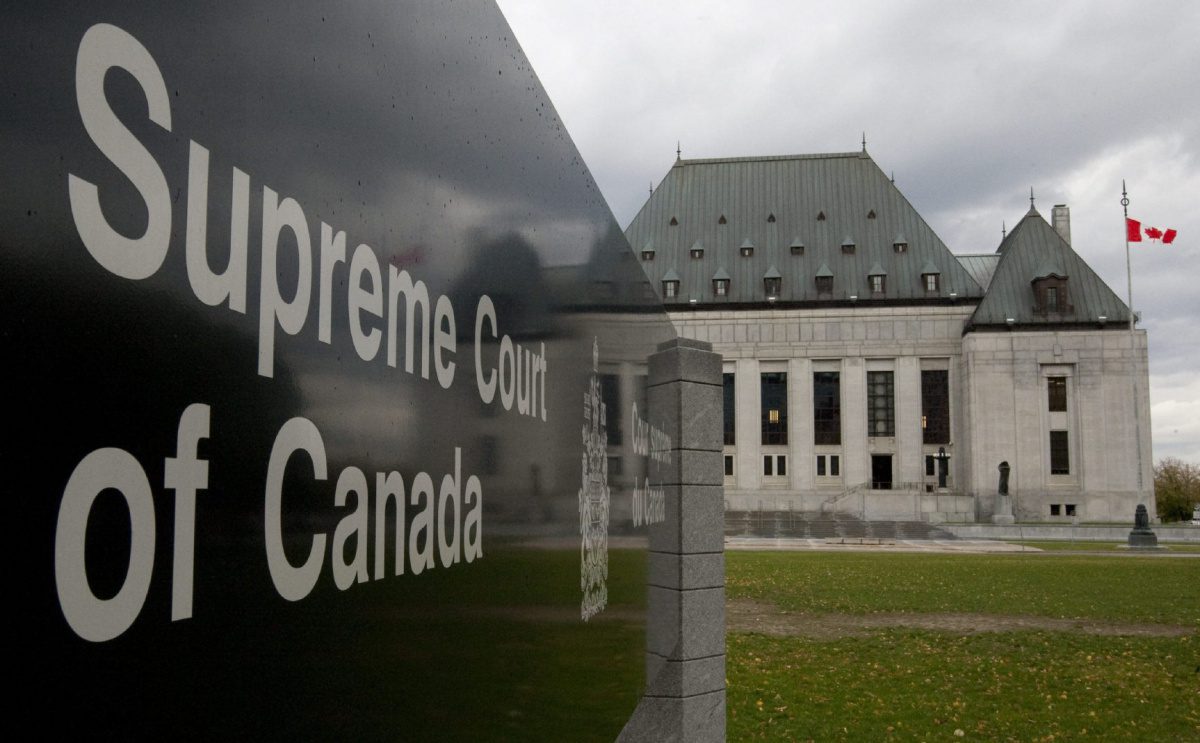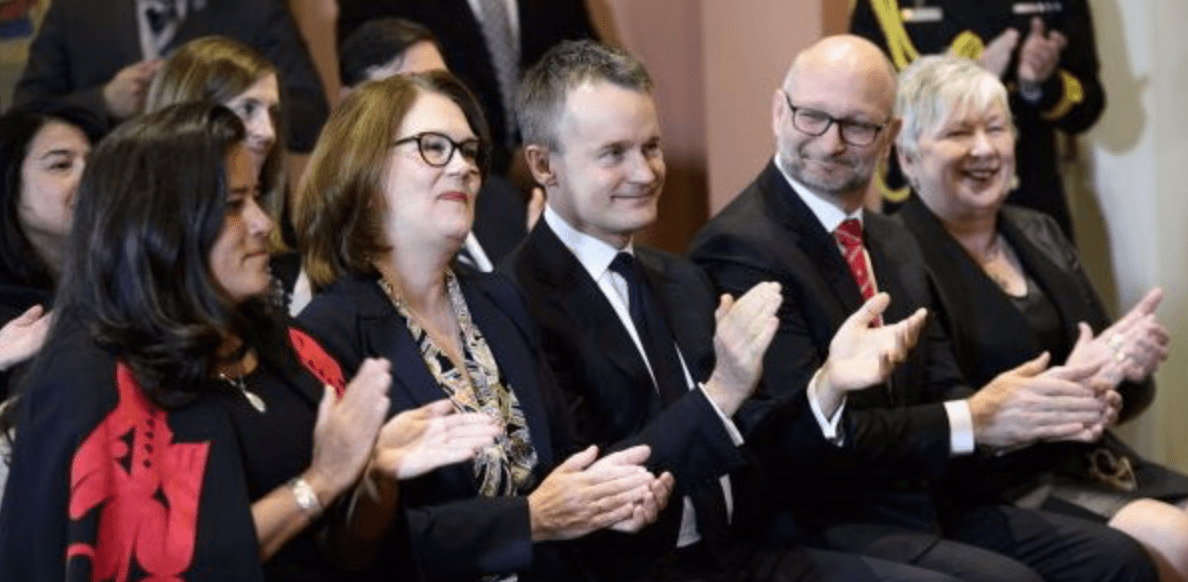On Friday, the Supreme Court of Canada ruled that it was unconstitutional for Canadian expats to be denied the right to vote under previous elections laws in Canada something that had not been rigorously enforced until the previous Conservative government decided to crack down. While the current government did away with that restriction weeks ago with the passage of Bill C-76, the Elections Modernization Act, the legal test had not yet been met. In a 5-2 decision, the Supreme Court declared that such restrictions offended the Charter right to vote though I personally found the dissenting judges' argument to be much more compelling, and indeed civically literate. With this right to vote for expats now affirmed, however, the question has been raised as to whether Canada should reserve seats in Parliament specifically for expats, as a handful of other countries do. I remain unconvinced.
For starters, what troubled me about the majority decision by the Supreme Court on Friday was the fact that they shrugged off the constituency aspect of our electoral system, when it's at the heart of how representation happens in Canada. The very basis of our representative democracy is that we elect local MPs, who then form a parliament, from which a government is drawn. It's not mere convenience to organize parliaments in this way, nor is it simply a means of allocating seats it's part of the fundamental structure of the Westminster system. The relationship between constituents and MPs ensures both representation and accountability, so it's a bit distressing that five judges on the highest court in the country dismissed it as an unimportant consideration. Indeed, if some of those arguing the case at the Supreme Court most especially the federal Crown had done a better job, they would have argued that what was at stake was not so much the connection of expats to the country, but rather to the constituency. They didn't, which is disappointing.
So, if we are guaranteeing expats the right to vote, what does that mean? While I don't doubt that some longer-term expats do follow the news in Canada, it's unlikely that they follow it to the constituency level, which is in part why Friday's decision is perplexing to me. Because no matter what people walk into the voting booth have in mind, be it a vote for the party or the leader, the truth of the matter is that they are nevertheless voting for the local candidates it's their names on the ballots, not the leaders (except for those in the riding in which the leader is running as an MP). Do long-term expats, who haven't resided in the constituency for more than five years (the cut-off point in the previous legislation), have a sense of who those candidates in the riding are, or what the local issues they are proposing to address are? Almost certainly not.
This has led some to propose the notion of overseas constituencies for our Parliament, much as certain other counties do. By my count, there are some fourteen countries who use overseas constituencies, most notably France, Italy, and Portugal but notably, no Westminster democracies. The general rationale for these seats is to reinforce expats' links to their home country's political community, and to promote legislative agendas and direct intervention from an overseas viewpoint in the debates and political decision-making process. While France reserves their expat seats in their Senate, Italy ensures a number in their House of Representatives, allocated by four electoral districts abroad (Europe, South America, North and Central America, and Africa, Asia, Oceania and Antarctica), as well as a smaller number in their Senate.
Clearly, the idea of doing so in Canada would be fraught with great deal of difficulty to even contemplate, let alone implement. The biggest reason is the fact that under the constitution, seats are allocated by province, so the creation of new seats for expats would have to be either tied to a province's representation, or it would require a constitutional amendment to create a number of seats that aren't tied to provinces to represent these expats. Add to that, determining just how many of these seats to add would be fraught politically, given the variation in riding sizes that exist currently PEI being somewhat over-represented thanks to the constitutional guarantee of four seats (the number of seats they have in the Senate, which they cannot be below), the territories also over-represented in terms of population with accommodations made for vast geography, while Ontario is under-represented, and would have been ever more so had the Harper government carried through with their initial redistribution plans. With an estimated 2.8 million Canadians abroad, that's about the combined populations of Manitoba, Saskatchewan, and Newfoundland and Labrador. Should we guarantee them a commensurate 35 seats?
I would also have to ask just why these MPs would exist. What would they be arguing on behalf of their expat constituents? While yes, some of them do still pay Canadian taxes, and Canadian law does apply to them in some regards, on what basis would their MPs be representing them? What kinds of interests would they be bringing to Parliament? Would they need constituency offices abroad? Would they become responsible for consular matters at the expense of the department of foreign affairs and the professional diplomats employed there? But more importantly, would the Canadian traditions around regional representation need to expand in order to include MPs for expat communities within Cabinet? And would we need to create expat Senate seats to go along with them?
The problem with all of these questions is that when you consider most of the arguments made at the Supreme Court, they largely ignore any practical considerations about the actual exercise of democracy in favour of feeling good about voting and that's why I have a hard time taking any suggestions about creating expat seats seriously. Democracy serves a purpose, and we need to take that purpose seriously. If we're only creating seats in order to make expats feel warm and fuzzy about Canada, what does that say about how seriously we're treating what they're actually voting for?








